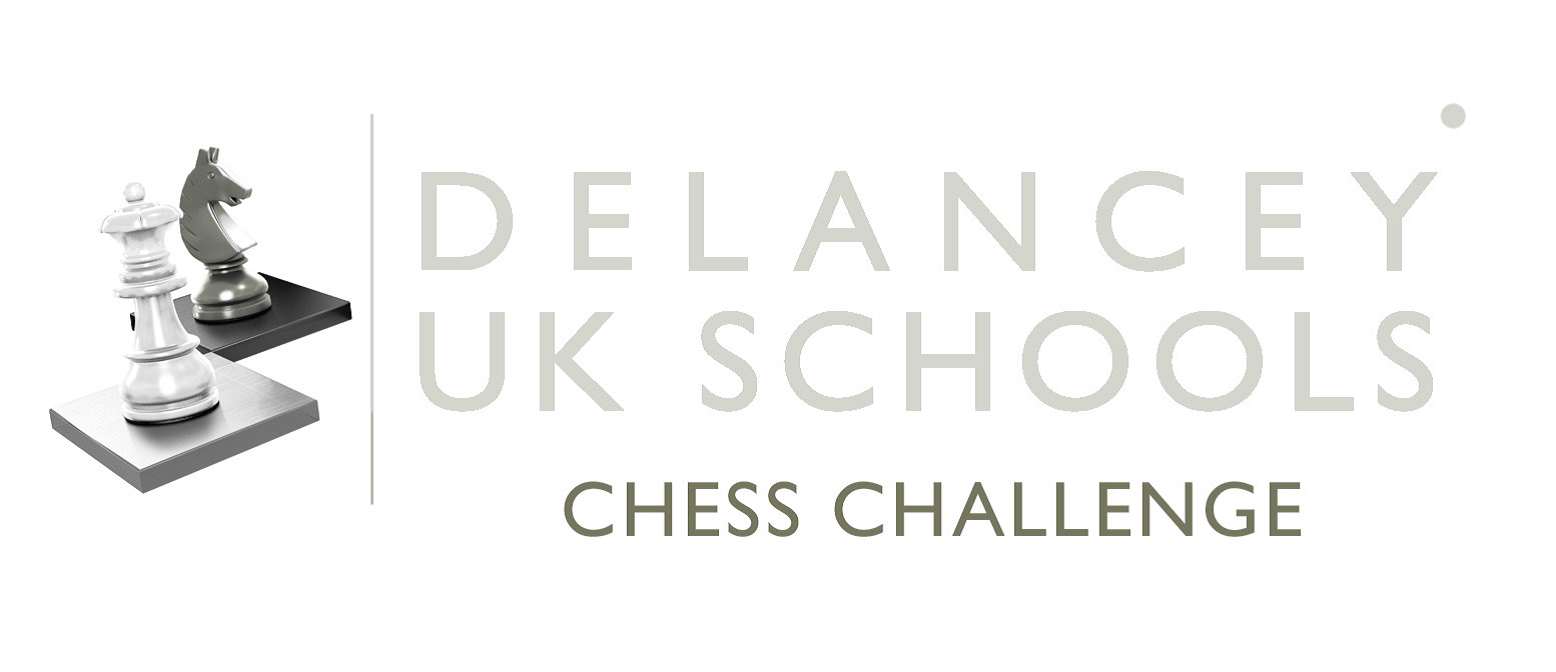Part 1
Eddie Cochran revealed the Three Steps to Heaven back in 1960. Many have since followed in his footsteps, with varying degrees of success.
I cannot offer a comparable path to such an exalted plain but I can offer advice on a more terrestrial matter.
Here are six simple steps to getting your school chess club up and running as quickly as possible.
Step 1…
A person
One if the biggest myths and stumbling blocks about starting a chess club in school is the belief that it requires a chess expert. It doesn’t. It requires someone with good organisational skill and no more than a very basic knowledge of chess.
Such a person could be a teacher, TA, parent, grandparent or a volunteer from a local club (with all of the usual checks in place, of course).
Teaching staff have a huge advantage over strong chess players without teaching experience. A good teacher can teach virtually anything but a strong chess player can really struggle to teach a class of children.
Step 2…
A room
This step can be easily climbed if the person taking Step 1 is a teacher, as they can use their own room. Otherwise, it is essential to find a teacher who is willing to let their room be used for the chess club. In 30 years of teaching chess and running clubs in schools I have never failed to find someone, somewhere in school who is happy with the arrangement.
Naturally, the room must be left exactly as it is found, although, equally naturally, stray chess pieces will be discovered in the darkest corners of the room for several weeks to come.
Step 3…
Equipment
Chess equipment is relatively cheap. A club can easily be started using six sets and boards, which will cater for 12 players. Extra sets can always be added if the club expands. It is best to avoid the very basic sets that can be found on the High Street. A good quality chess set and board – which will last for a very long time – will cost just £10 and chess suppliers will usually offer discounts for larger orders.
A demonstration board is another extremely useful accessory. These can be bought for approximately £30.
Chess equipment can be purchased from various places, including here:
New chess clubs don’t need anything else. There’s little point in buying chess clocks at this stage as the children will have enough to think about without needing to worry about the extra dimension of time.
We are halfway there! See the next post for the final three steps.
Sean Marsh

